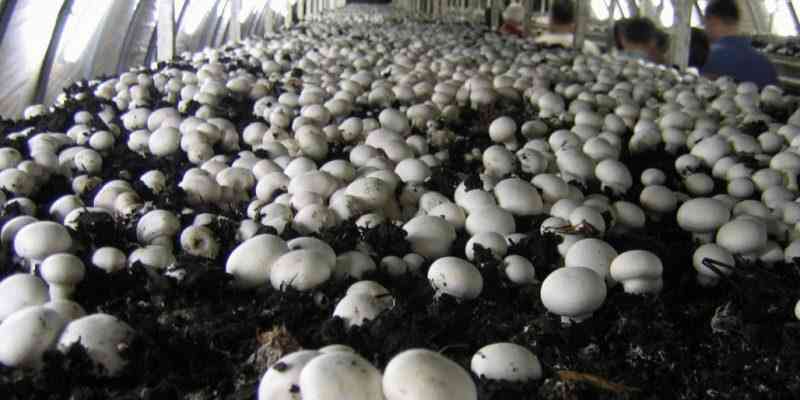
REVELATIONS by the Agricultural Marketing Authority (AMA) that mushroom farming in Zimbabwe remains one of the country’s most poorly managed agribusinesses — which is making it quite challenging to monitor the crop’s production and marketing — is sad news, to say the least.
This, coming as we also hear that Zimbabwe is currently importing quite a handsome amount of mushroom from far-flung nations as China, to satisfy local demand, can only but dishearten for a nation that was once sub-Saharan Africa’s bread basket.
“That there is a ready market for ‘ground meat’ (mushroom) and that currently our local production is not satisfying the local markets should provide enough motivation to venture into mushroom farming,” says AMA.
AMA’s advice cannot be overemphasised or ignored.
Mushroom production is one of those very low handing fruits that Zimbabwe should immediately and decisively undertake to help shore up its faltering economy, especially given that the southern African nation was once upon a time anchored on agriculture.
Zimbabwe is so blessed that it is a natural home of mushroom, where the food crop is harvested from the wild each summer rainfall season.
It is quite embarrassing that having an abundant natural climate for mushroom growth, we are failing to take advantage of this to become one of the world’s leading mushroom producers.
This is a massive industry that was valued, in 2021, at US$50 billion and given that the world is increasingly demanding naturally growing organic foods, Zimbabwe should — without further ado — put shoulder to the wheel and get the ball rolling in a big way as far as mushroom production is concerned.
- Mavhunga puts DeMbare into Chibuku quarterfinals
- The brains behind Matavire’s immortalisation
- Bulls to charge into Zimbabwe gold stocks
- Ndiraya concerned as goals dry up
Keep Reading
Mushroom production is one of those cost effective sectors that suit Zimbabwe well given its current economic state. It is so cost effective that it can in no time lift many poverty-stricken families out of penury.
In 2018 Zimbabwe produced 770 tonnes of mushroom, 800 tonnes in 2019 and 830 tonnes in 2020, a paltry output given the expected global growth of the industry in the next six years. Available data says global mushroom industry is envisaged to increase to 24,05 million tonnes in 2028 from 15,25 million tonnes in 2021.
Surely, for a country hoping to achieve upper-middle income status by 2030, Zimbabwe can ill afford to miss this mushroom gravy train.
We suggest that a large chunk of the billions of dollars being pumped into agriculture to prop up such farmers as those who have failed to grow basic crops like maize should be redirected into mushroom production.
And given the low costs involved in setting up mushroom farms, we believe this will shore up thousands of livelihoods.






